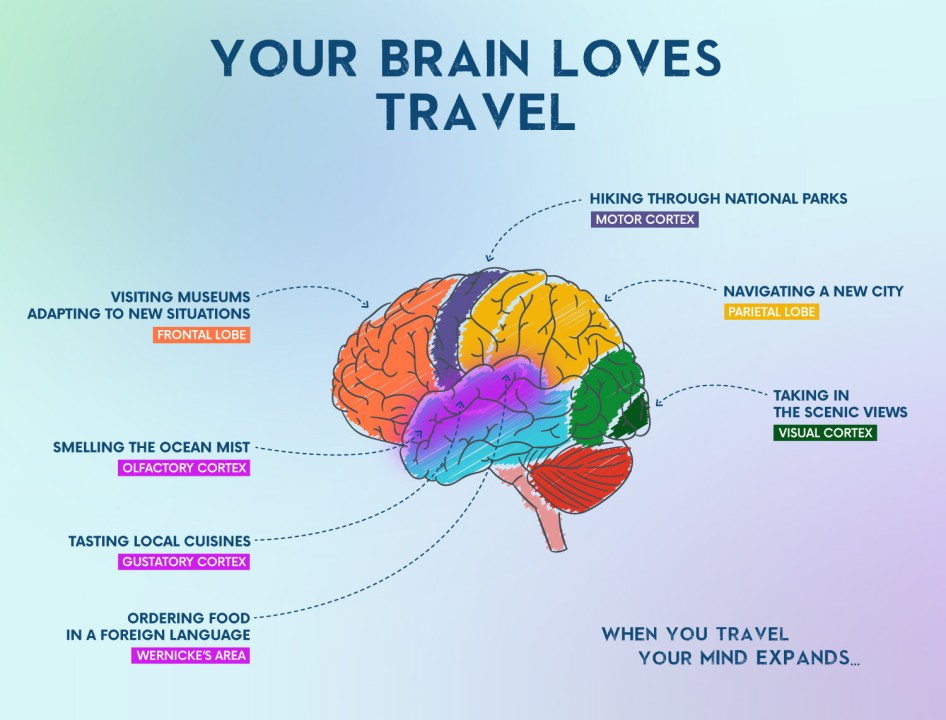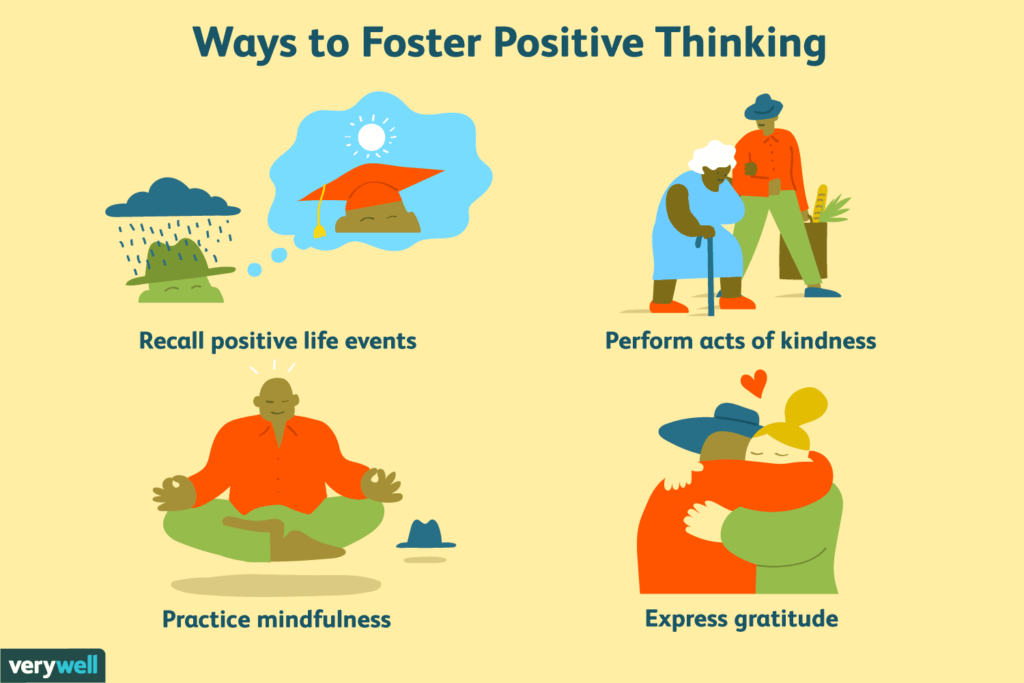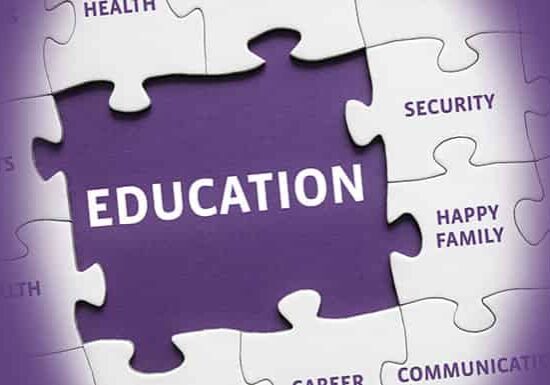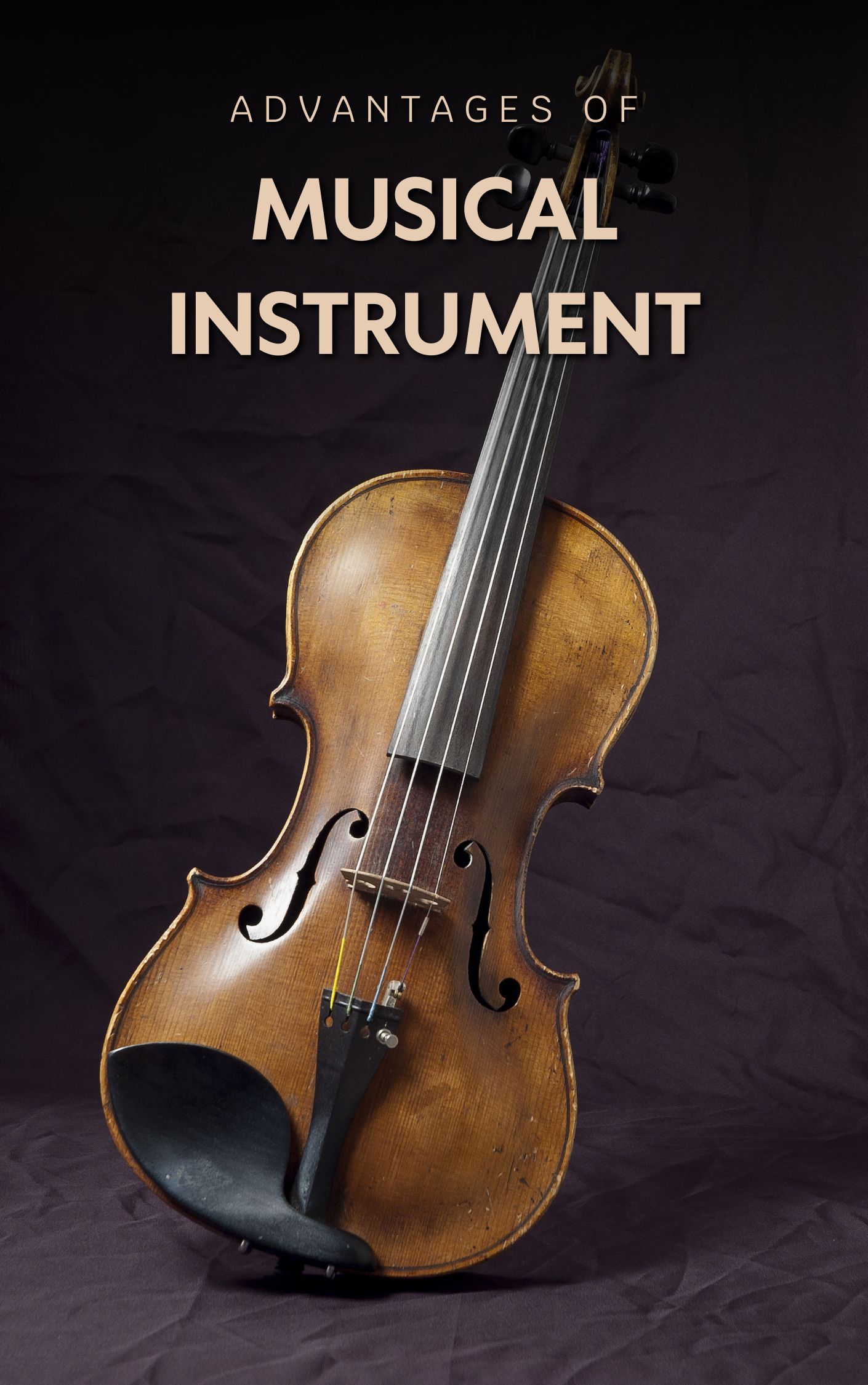Playing music is one of the best hobbies you can have. Good for your Brain, your Heart, and your Body, you can choose to start as a child or as a grown-up. There are a lot of ways that learning an instrument can change your life and offer self-improvement or even just some extra joy in your day. 7 Advantages Of Learning A Musical Instrument.
Table of Contents
1. Cognitive Benefits:
- Enhanced Memory: If we play an instrument well, we remember the notes, chords, and even the sheet music. This priming of both our short-term (working) and long-term memory enhances our memory skills, not just when it comes to music but also in other facets of our lives.
- Better Coordination: When we learn to play an instrument, our hands, eyes, and even our feet sometimes work together in proportion. This helps sharpen your skills and makes your hand-eye coordination top-notch, and that kind of coordination comes in handy for all types of stuff in your day-to-day life.

- Better Math Skills: Though it may sound weird, music theory involves learning rhythm, scales, and intervals, which could help boost our number crunching. Playing music also uses math in between measuring beats and counting bars, which can help you with algebra and geometry.
- IQ: People who participate in music-making tend to have higher IQ scores. Research demonstrates that playing a musical instrument prior to age seven can provoke brain development associated with spatial-temporal and reasoning skills, verbal memory, and literacy.
2. Emotional and Psychological Benefits:
- Stress Relief: Playing an instrument is the logical way to reduce stress. As we know, music playing or hearing it, forces the brain to release chemicals. We feel less stress and anxiety, and we change our mood. Even playing and singing music is beneficial for health as well as increases calm of mind and body.
- Self-Expression: Music is a unique form of personal expression and emotional release. Music allows us to covey the feelings that cannot be said verbally. It is the best way of expression.

- Improved Discipline: Getting the hang of playing an instrument takes sticking with it and practicing it daily, or sometimes more than one time daily. Doing this teaches you how to stay disciplined, handle your time wisely and accurately, and keep on going even when things get tough. These are the skills that come in handy in all parts of life, not just when you are making music.
- Increased Confidence:Learning to play an instrument and playing in front of people ᅳ which can be terrifying ᅳ only serves to build the confidence and self-worth of the player. The pride and success kids develop from mastering an instrument through the trials and receiving praise for their efforts go a long way. This not only helps in improving musical techniques but also in building self-confidence and self-belief. The stronger your confidence gets the more other parts of life improve as well
3. Social Benefits:
- Improved Ability to Work with Others: A choir or a band provides a sense of community influence. Musicians develop an acuteness for how to listen to their fellow players, adapt, and all of them labor towards the exact same goal.
- Cultural Experience: Learning music educates people about various types and types of music, all around the world. Immersive cultural exhibition to garner cross-cultural appreciation and global competence

- Communication Skills: When you play music with others, it really boosts your social skills. Musicians get better at both talking and picking up on non-verbal cues. They learn to share their ideas and emotions more clearly and effectively, which helps them communicate better in all areas of life.
4. Educational Benefits:
- Enhanced Academic Performance: It has further been widely observed that when students get into music education, they are privileged to have finer grades in other subjects. The concentration they receive from learning music as well as the practice that they get from playing levels them academically, particularly in the areas of reading, mathematics, and science. It is like having music as their own personalized tool for being rock in school!

- Improved Listening Skills: Studying music helps in the development of listening skills, which helps persons differentiate between what is being heard and to what extent. This superior ability to listen carefully is helpful not only when a person is in the academic setting, but it all aspects of their life.
5. Physical Benefits:
- Enhanced Respiratory System: The wind instruments and singing which uses such instruments give you the need to control your breathing provides a good workout for your respiratory system. The deep breathing exercises required by singing may also boost lung capacity, overall respiratory health and endurance.

- Correct Technique: The technicalities of playing an instrument, e.g violin or piano, beside doing it correctly can lead to a good posture and body alignment. Continuining having a good posture during playing can prevent muscular-skeletal problems and increase general physical fitness.
6. Long-term Benefits:
- Life Long Benefit: Despite aging, music can still fill you with pleasure and satisfaction. The skills of playing an instrument can be acquired either for yourself, which is very rewarding mentally or/and for sharing the music with others which can give you a lifetime of extraordinary moments.

- Mental Health: Whilst there are many ways to avoid mental stagnation in late adulthood, one of them involves interacting with music. The regular musical activity keeps the brain busy that in its turn might prevent conditions that cause serious memory problems like dementia or Alzheimer’s disease.
7. Professional Opportunities:
- Career Aspirations: Mastery of a musical instrument paves way to numerous career opportunities as teacher, performer, composer or music therapist. There is no lack of career opportunities for people who possess musical skills and experience.

- Networking: Participating in music community gives you a chance to meet other musicians. Through this connection artists interact in bands and orchestras, collaborate on projects and often perform together at events and competitions.
In conclusion learning how to play an instrument is manifold beneficial both for brains development (cognitive), psychology (emotional state) social relations and even physical health condition over a lifespan.
You can see our post about the best musical instruments in the world by clicking here
